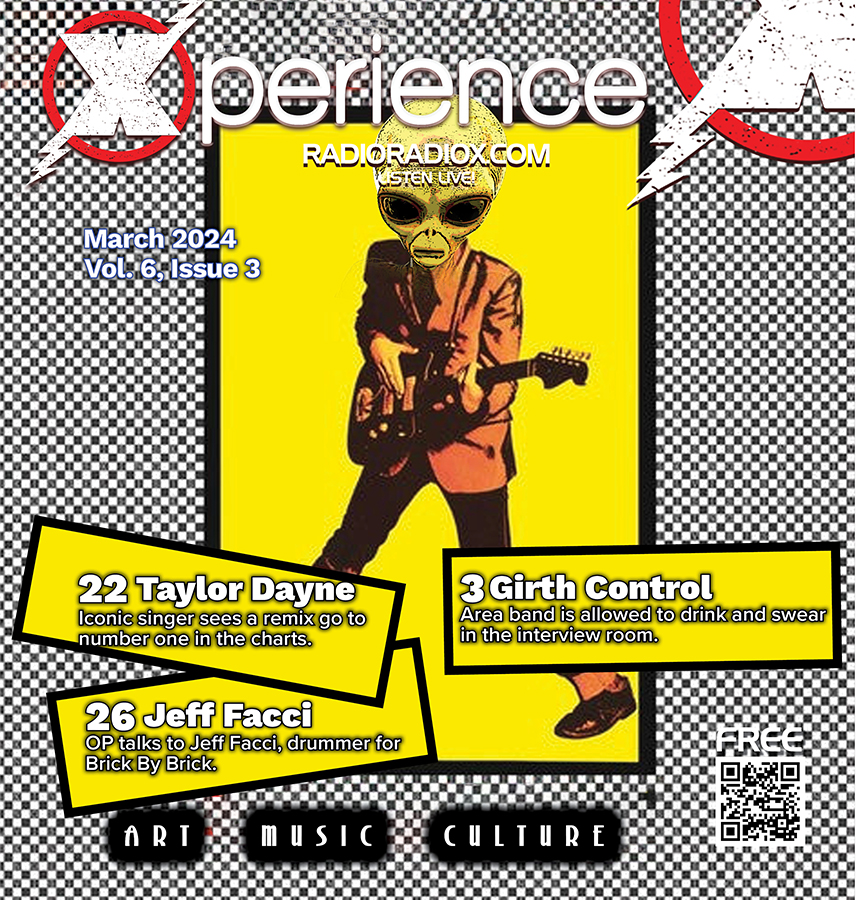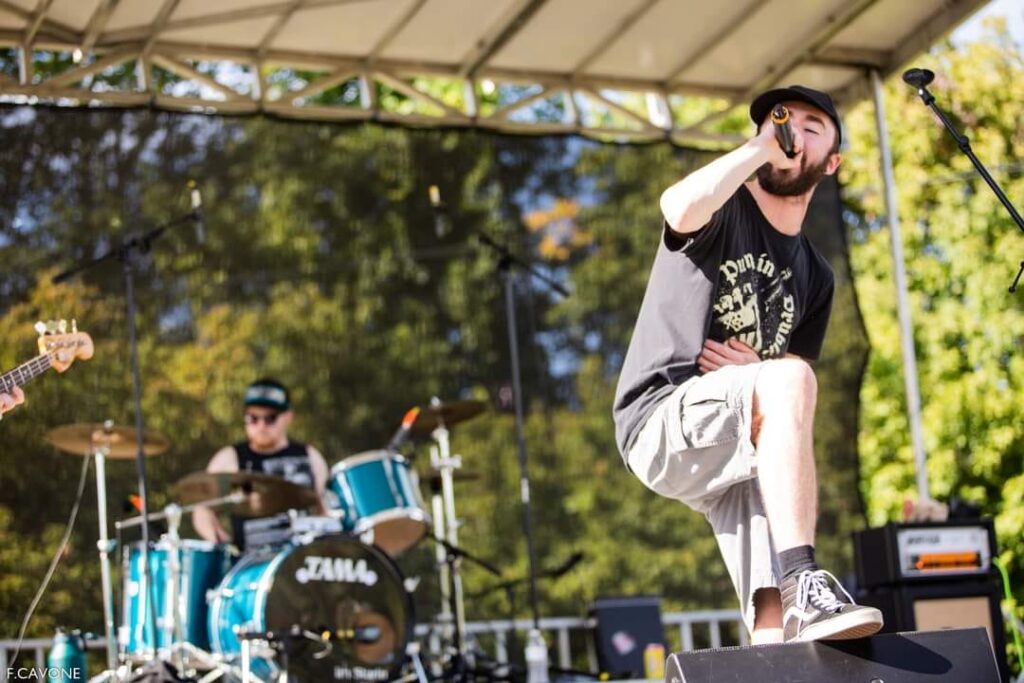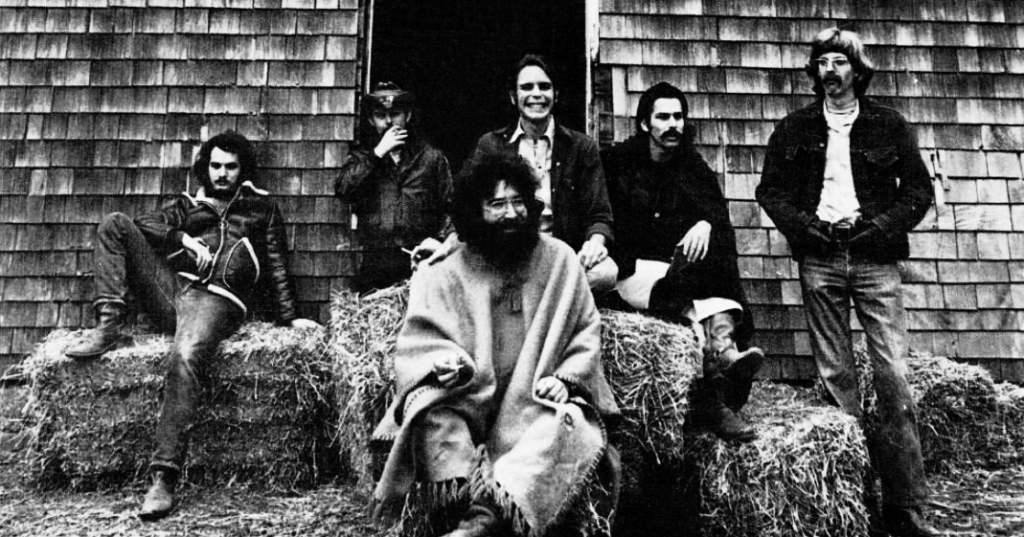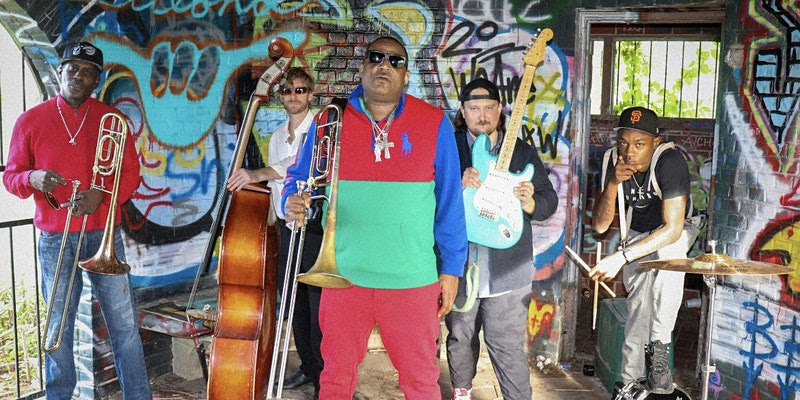Conflicted: The Borderlands of Ukrainian Music -By Eric Gustafson
Written by Staff on February 27, 2022
Ukraina is literally translated as “on the edge” or “borderland”, and that is exactly what it is. Flat, fertile, and fatally tempting to invaders, Ukraine was split between Russia and Poland from the mid-17th century to the end of the 18th, between Russia and Austria through the 19th, and between Russia, Poland, Czechoslovakia, and Romania between the two world wars.
Being a borderland means two things. First, Ukrainians inherited a legacy of violence: rebellion, civil war, pogroms, famine, purges, holocaust. Second, they have been left with a tenuous, equivocal sense of national identity. Though they rebelled at every opportunity, the few occasions on which they did achieve a measure of self-rule – during the Cossack risings of the 17th century, the Civil War of 1918-20, and towards the end of Nazi occupation – were nasty, brutish, and short. Moreover, until very recently Ukraine’s neighbors did not see it as a separate country, or Ukrainians as a separate people at all. To Russians it was part of Russia; to Poles, part of Poland. And many Ukrainians, Russified or Polonised by centuries of foreign domination, thought the same way. With inspiring moments in their schizophrenic history few and far between, and neighbors who refuse to acknowledge the existence of such a thing as “Ukrainian” history in the first place, it is no wonder that Ukrainians are still puzzling over just who they are, and just what sort of place they want their country to be.
Ukrainian music can’t help but reflect these flavors in the culture: violent, chaotic, swinging fists at the wind, alternating with confused looks in the mirror (common motifs in their music videos). Think generous helpings of minor modes or keys, incorporating augmented 2nd intervals. Every genre of Ukrainian music falls into three distinct categories defined by whether the composer was of Ukrainian ethnicity living in Ukraine, a composer of non-Ukrainian ethnicity who was born or at some time was a citizen of Ukraine, or an ethnic Ukrainian living outside of Ukraine within the Ukrainian diaspora. The music of these three groups differs considerably, as do the audiences for whom they cater.
Rock in Ukraine traces its roots to the underground scene of the 1970s, when champions of the Communist struggle had to smuggle records which had followed a precarious route from Berlin through Warsaw and furniture trucks via Lviv. Nowadays grandfathers can boast that they were arrested for nearly slipping an Eagles vinyl through Prague, but it was serious business at the time. Ukrainians of a certain age speak in hushed tones about Eney, a high-school band that started out playing safe folk music a little faster than was typical and then veered into treason territory after they heard a bootleg reel-to-reel of the Beatles. Sometimes that’s all it takes.
Those were spartan times, when people appreciated sour cream more than we would think healthy, because everything was scarce. Eney made rearrangements of what they had at hand – mainly Bach and Shostakovich – with their own Ringoesque rhythm, Kafkaesque lyrics, and angst as wide as the steppe. In 1972 the band and their music were banned in the Soviet Union and labeled “bourgeois-national”, leading them even further underground.
The rise of rock music in the 1980s was inspired by Mikhail Gorbachev’s perestroika and glasnost. For the first time in history, people weren’t getting arrested or banned for starting rock bands, and so it seemed like everyone was trying it. For many it was the first exposure to the exotic (bourgeois) sounds of the West – blues, punk, reggae, funk, folk – which could be combined in absurd, exhilarating forms. The theme was largely one of wonderment at the changes underway and wanting to breathe it all in: Yes, we have missed so much, but we’ve got it now. Braty Hadiukiny (ie. Viper Brothers) and their 1989 hit, “City, Consider”, were emblematic of the time:
I walk here and there every day
I just see big changes in front of my eyes
I will not eat anymore, I will not sleep
If only he hadn’t accidentally passed me by
City, consider
The dream is beautiful
City, consider
As the sun is clear
City, consider
Cholera is clear
The dream will call me to the time
It’s popular for Ukrainians to say independence started with their nuclear plant’s meltdown in 1986 – “Chernobyl helped us understand that we are a colony” – but it was only in 1991 that Ukraine became its own nation-state. After the shock and absorption of foreign music during the 1980s-90s, Ukrainians have forged a certain grim pride and determination and resignation when they take in all they have become in 31 years. The music scene remains as defiant, satirical, and pissed as the people. In true borderland fashion, artists merge diverse languages, historic instruments, cultural traditions, and intense debates to paint a stark landscape.
And in the way hip-hop and rap have alternately shed light on, grappled with, or made money off violence and disparities in urban America, Ukrainian bands and songwriters have not shied away from the state of war which has raged since 2014. But there is nothing cynical about a band risking life itself to put on a show at Ukrainian soldiers’ eastern camps, with the glow of exploding shells visible beyond the stage, as Tin Sontsia (Sun Shadow) has done. A folk metal band from Kyiv, their music contains elements of symphonic metal, as well. Primarily the band’s style was close to alternative rock, but since 2003 they have come to a so-called “Cossack rock”.
Over 14,000 lives have been lost in the eastern territories, near the Russian border, over seven years. Tartak (Woodsaw) screams these lyrics in “I’m Not Ready” above a raging guitar in the classic Ukrainian minor key:
I died in battle
I already killed
Round me the body of enemies
I went unemployed
Slammed doors
I did not leave the debts
Even on the remainder
Saw a dawn
Sunbeam
And a drop of dew
Life lived worthily
Though may not be seen
And I was not afraid of, I did not ask
It’s easy to imagine turning up the volume during an artillery barrage in Kyiv.
Take a walk on the borderland (swinging fists in the air and looking confusedly in the mirror) with a sample of Ukrainian music, in no particular order. You can copy the underlined phrase and paste in a YouTube search:
- ЯрмаК – Вставай – “Get Up” by Oleksandr Yarmak, a Ukrainian hip-hop star who ties in traditional instruments and passionate themes from the nation’s violent history.
- Dakh Daughters “Rozy / Donbass” – This fun tune, from 2013, seems timely as much of the Donbas region was declared independent by Vladimir Putin this week.
- panivalkova – Let Me – This trio is known for “sensitive minimalism” and singing in Russian, Ukrainian, English, Spanish, and French.
- 5’NIZZA – САМОЛЁТ – “Self” by 5’NIZZA (slang for Friday). Founded by two friends, the duo is influenced by Latin, hip-hop, and rock, reflected in minimalist folk, beat-box, and guitar performances. Even without a big record company, they have managed a huge fan base in Central and Eastern Europe.
- ONUKA – Vidlik – “Readout” by Vidlik (Grandmother), recognized in Ukraine as electro-folk. We are still waiting for American charts to recognize this genre.
- Воплі Відоплясова – Чіо Чіо Сан – “Chio Chio San” by Vopli Vidopliassova, a classic Soviet-era band that started in 1986 and has stuck with it all these years. Their name comes from a character, whose soul is howling, in Dostoevsky’s The Village of Stepanchikovo: “the howls of Vidoplyasova”. A lot of their early material (1986-96) is in Drop C tuning (C-G-c-F-A-D) – much like Nirvana, Metallica, Rammstein, Godsmack, and others.
- Tina Karol – You’ll always have time to surrender – The singer, actress, and TV show presenter found fame in 2006 when she represented Ukraine in the Eurovision Song Contest.
- Океан Ельзи. Без бою – “Without Battle” by Okean Elzi (Elzi’s Ocean), one of the most successful and beloved groups of all time in Ukraine. They manage to have a large following in both Ukraine and Russia.
- Dakha Brakha – Monakh – “Monk” by Dakha Brakha (Give/Take), a folk quartet combining various ethnic styles with traditional Indian, Arabic, African, Russian, and Australian instruments. They contributed to the soundtracks for the film Bitter Harvest (Canada) and the television series Fargo (USA). Remarkably, they are going ahead with gigs this Friday in Lviv and Sunday in Vinnytsia, Ukraine. But how about this: they are scheduled to perform at the Landmark Theater in Port Washington, New York, on April 1.
- Потап и Настя – Чумачечая Весна – “Chumaching Spring” by Potap and Nastya. This is a typically ironic and whimsical video from the duo, but don’t be fooled: they are controversial in Ukraine for accepting awards and accolades from Russian institutions.




 RadioRadioX
RadioRadioX